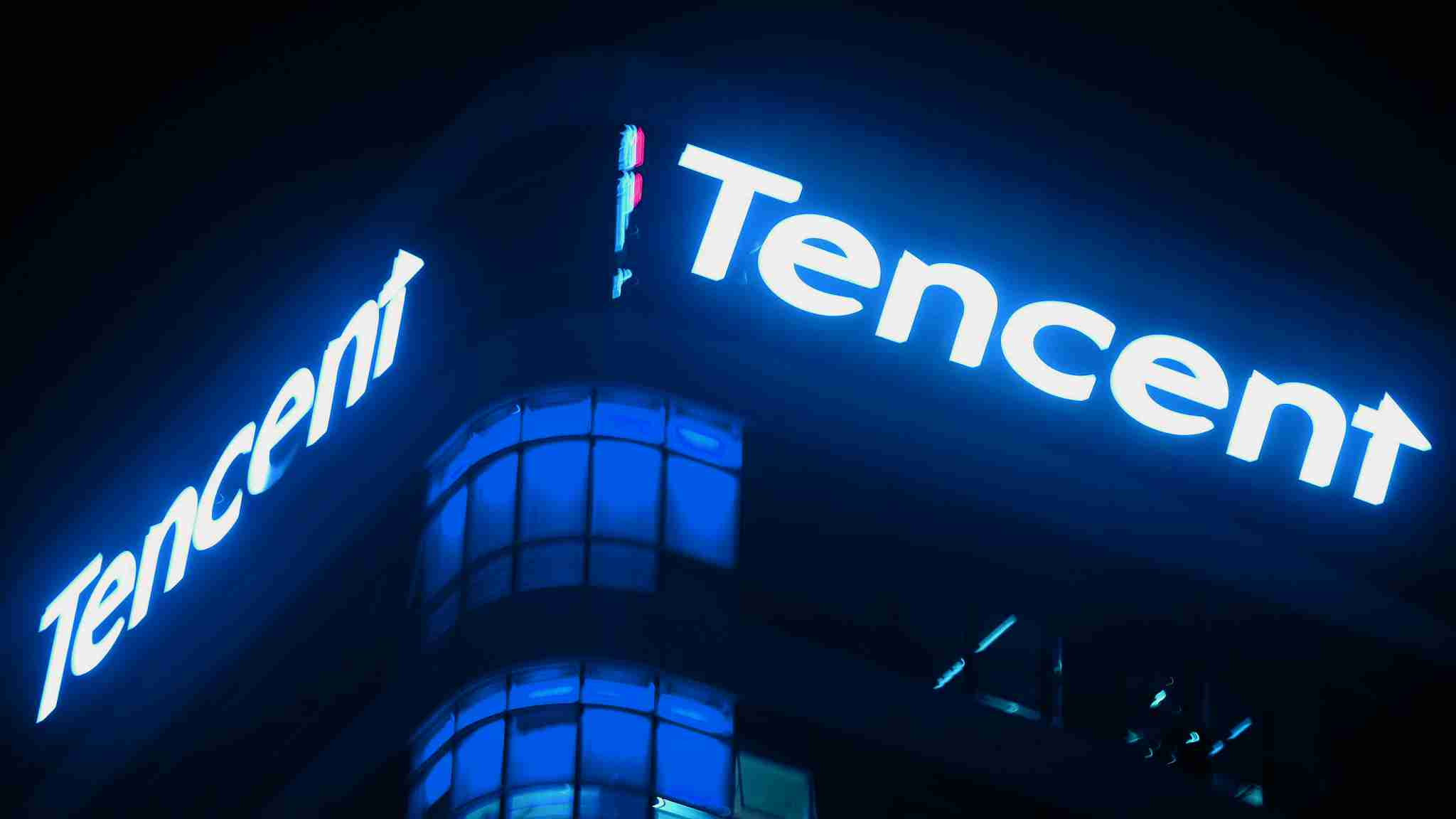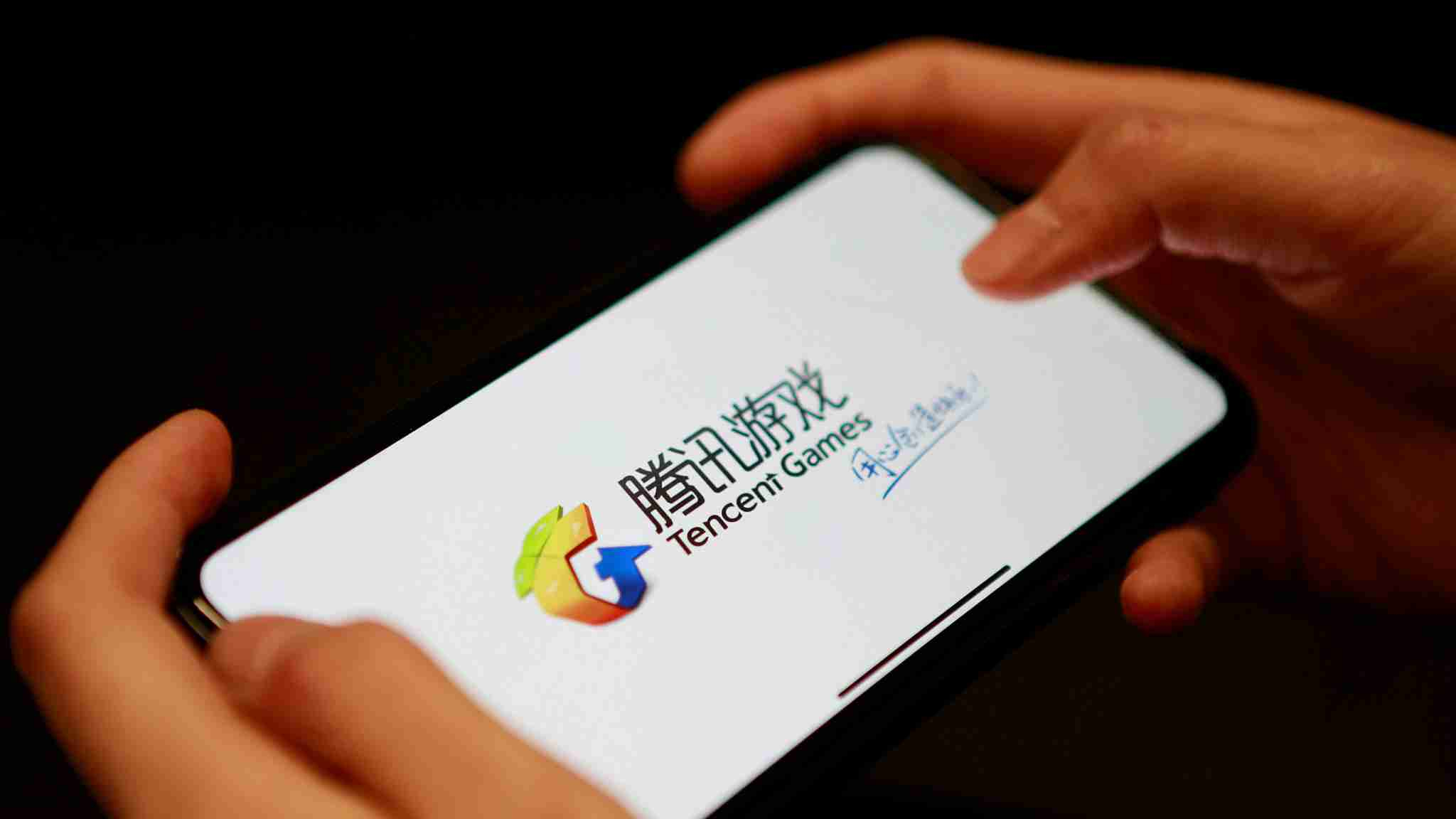
Business
22:40, 15-Nov-2018
Tencent defies expectations with 23% revenue increase in Q3 earnings
Updated
22:18, 18-Nov-2018
Nicholas Moore

Chinese technology giant Tencent defied expectations from analysts on Wednesday by announcing a 23 percent increase in revenue in the third quarter.
Against many analysts' prediction of a low growth or even a loss, the tech company reported strong figures in core business areas such as advertising and gaming, despite tightened measures on underage gamers.
Tencent's chief strategy officer James Mitchell told Reuters that any new measures on young gamers would have a minimal effect, and unlikely to have an impact on gaming spending by adults.
Mobile gaming revenue was up seven percent year-on-year and 11 percent quarter-on-quarter, reaching 19.5 billion yuan (2.80 billion US dollars). Advertising revenue hit 16.2 billion yuan (2.33 billion US dollars), an increase of 47 percent, while the mobile payments sector saw transactions increase by 50 percent, according to the quarterly report.
Just one year ago, Tencent was higher than any other Chinese company had ever been. In November 2017, the company was the first from Asia to reach a market capitalization of 500 billion US dollars, days after announcing a 61 percent increase in revenues, with growth spurred on by the video games sector.
Since hitting a high of 570 billion US dollars in January, nearly a third of Tencent's value has been wiped out, with investors fleeing the Hong Kong-listed company amid a slowdown in advertising profits and the all-important gaming sector.

Tencent's gaming arm was one of its most lucrative sectors in 2017. /VCG Photo
Tencent's gaming arm was one of its most lucrative sectors in 2017. /VCG Photo
The company last week announced plans for an internal overhaul to the structure of the company, a silo system that was initially credited with the company's past success, particularly on the development of messaging app WeChat.
Previously, the company was broken up into seven groups focusing on core areas of the business, such as WeChat, gaming and business development. The groups were encouraged to compete with each other under the Tencent umbrella, a system that initially achieved strong results.
However, the fierce competition led to departments stopping communicating and sharing data.
Tencent's reshuffle will be a “significant strategic upgrade”, the company's founder Ma Huateng said in a statement in September, adding it was a "new beginning for the next 20 years".
A new tech committee will be assigned, according to the statement, to "enhance open-source collaboration, innovation, and more efficient use of technologies across the company".
According to the South China Morning Post, Tencent's COO Ren Yuxin told a company meeting last Friday: "It is widely agreed that the current situation of different groups doing their own thing should change. The key leaders in different teams have to cooperate with each other."
Looking ahead to 2019 and beyond, Tencent will be keeping an eye on upcoming rivals in the Chinese tech domain. Bytedance has seen its app Douyin (known overseas as Tik Tok) explode in popularity this year, topping App Store charts after becoming one of the most successful Chinese apps overseas.
With Bytedance now valued at more than 75 billion US dollars, Tencent will likely be concerned that users are spending less time on WeChat, reducing advertising revenue.
Fierce rival Alibaba is also continuing to power ahead in sectors like mobile payments and cloud computing, with Aliyun and other Alibaba Cloud services controlling 60 percent of the Chinese market, according to the Financial Times.

SITEMAP
Copyright © 2018 CGTN. Beijing ICP prepared NO.16065310-3
Copyright © 2018 CGTN. Beijing ICP prepared NO.16065310-3